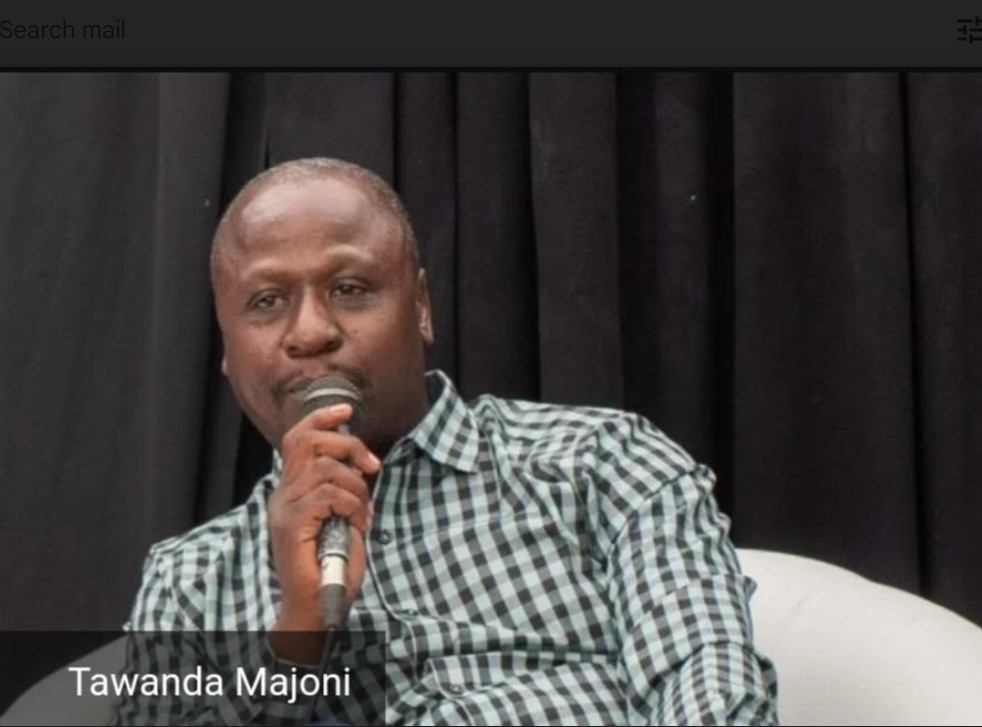Senzeni Ncube
Bulawayo- There is an urgent need for collective action to safeguard media freedom and enact effective policies, Tawanda Majoni, the founder of Information for Development Trust (IDT), has said.
Speaking at the World Press Freedom Day commemorations hosted by the Centre for Innovation and Technology (CITE) in partnership with IDT and the US Embassy in Bulawayo, Majoni underscored the vital role of civil society in advocating for transparent governance and robust media freedoms.
The event’s theme, ‘A Press for the Planet: Journalism in the Face of the Environmental Crisis,’ set the stage for discussions on the intersection of journalism and environmental advocacy.
Majoni highlighted the pivotal role of media in addressing pressing global challenges.
While acknowledging the legal framework supporting press freedom in Zimbabwe, Majoni lamented the glaring gap between constitutional provisions and their practical implementation.
He cited the Constitution’s robust guarantees of freedom of expression, freedom of the press, and access to information. However, he noted a significant disparity between these constitutional provisions and the reality on the ground.
“The constitution of Zimbabwe does provide adequately and quite abundantly for access to information, for freedom of the press, and for freedom of expression. There is a three-tier progression in the law on the positive side. Section 60 of the constitution does provide for the freedom of conscience and freedom of conscience also incorporates issues to do with a person having the right to hold opinions and express those opinions,” he said.
“Section 61 talks of freedom of expression as well as freedom of the press. Freedom of the press talks about the right to seek, receive, and impart information, but before that, you have the freedom to hold opinions, you have the freedom to express yourself, this is extracted primarily from the United Nations Human Rights Declaration of 1948. In that sequence, you come to section 62 of the constitution that now gives rights to access information for the promotion of a right or promotion of public accountability in which case the state, government institutions, or government entities as well as individuals or office holders but also in addition to every person because thus what the law says.”
Majoni scrutinised recent legislative developments, particularly the Freedom of Information Act (FIA), which is ostensibly aimed at enhancing access to information.
Despite its promising facade, Majoni revealed critical flaws within the legislation. He pointed to bureaucratic hurdles and time constraints embedded in the FIA, rendering it ineffectual in practice.
“Section 5 of the FIA provides that citizens as well as permanent residents of Zimbabwe, in line with section 62 of the constitution, must have access to information upon demand as long for as long as they make bonafide requests and then down that section, the statute also says every agency of government is supposed to have an information disclosure policy, outside the fact that hardly any department up to has adopted that policy including the Zimbabwe media commission. Two years ago they didn’t have that policy and they should have been the first to have it.”
Furthermore, he criticised the Data Privacy Cyber Security Act for imposing impractical requirements that hinder investigative journalism.
“The Data Privacy Cybersecurity Act specifies rigorously certain steps that you are supposed to take for you to get information, but those provisions in the cybersecurity act, if we were to follow them, it will take 10 to forever years for somebody to do an investigative story, let alone a hard news story because it becomes near impossible for you to follow all the steps as the law says,” said Majoni.
Highlighting the discrepancy between constitutional principles and legislative implementation, Majoni attributed this disparity to the dominance of the ruling party in the Zimbabwean parliament.
He urged citizens to challenge unconstitutional statutes and advocate for meaningful reforms to uphold media freedom and accountability.
This story was originally published by CITE


